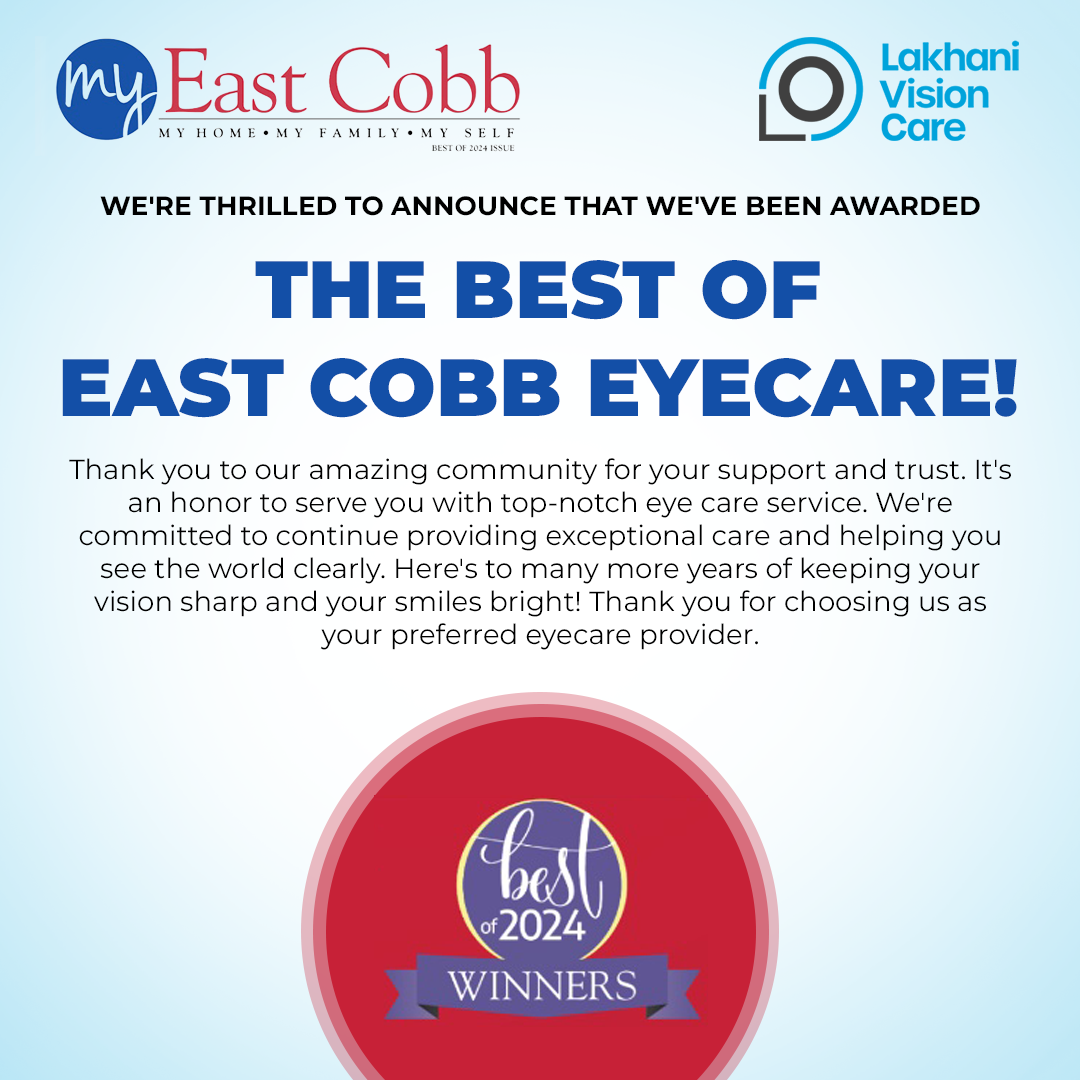
Most people have heard of UV light and know that it can be extremely damaging to our eye health and vision. However, there is another type of light that we need to be worried about too – blue light. Blue light is another color on the light spectrum that can reach and penetrate our eyes. Most of our exposure to blue light comes from the sun, but there are plenty of artificial sources of blue light too. These include fluorescent lights, LEDs, computer monitors, and portable digital devices like smartphones and tablets.
Given that many of us spend prolonged periods using digital devices, it’s unsurprising that many eye doctors are seeing an increasing number of patients visiting them complaining of symptoms that are related to excessive blue light exposure. Fortunately, there are steps we can take to protect ourselves against the effects of blue light.
Ways that blue light affects the eyes
There are a variety of ways in which blue light can affect the eyes, but not all of them are negative. In fact, we actually need a certain amount of blue light to support our cognitive function. This includes improving our attention and reaction times, boosting our memory, and helping to balance our mood. Blue light is also integral to our circadian rhythm, better known as our sleep-wake cycle, which tells us when to get up and be alert, and when to relax and go to sleep.
Unfortunately, too much blue light can have a negative effect.
Studies show that excessive blue light exposure can increase our risk of developing certain problems including:
Macular Degeneration
A condition that occurs when the cells of the macula, a small area of the retina, start to deteriorate. This causes problems with central vision and the ability to see fine details. It’s thought that blue light exposure could accelerate the rate at which this happens. Macular degeneration develops slowly and is usually detected at routine eye exams.
Digital Eyestrain
Many people who spend a lot of time using digital devices develop eyestrain. One of the reasons for this is when we use digital devices, our rate of blinking slows down, meaning that we spend longer with our eyes focused. Blue light is thought to be harder for our eyes to process. Symptoms of digital eye strain include dry eyes, soreness, eyes that feel tired and/or irritated, headaches, and painful facial muscles which are caused by subconscious squinting.
Sleep Issues
As we’ve discovered, we need some natural blue light to balance our sleep-wake cycle. However, when we are exposed to too much blue light, it can have the opposite effect. This is because when blue light fades at night and warmer, redder tones become more visible, it triggers our bodies to produce melatonin – a sleep hormone. When we spend a lot of time using digital devices in the evening, the level of blue light remains high, preventing our body from releasing the melatonin that we need to feel tired and prepare our body for sleep.
Ways to protect your eyes from blue light
The good news is that there are things that you can do to protect your eyes against the harmful effects of blue light.
The most obvious protective solution is to minimize your use of digital devices, but this may be easier said than done, particularly if you rely on them for work. You could try reducing the amount of screen time you have before bed to help you switch off and fall asleep more easily. However, many people choose to wear blue light glasses instead. These are glasses with special coatings that filter out the blue light before it reaches your eyes. Blue light glasses are available in many different prescriptions and styles, making it easy for most people to find a pair that suits them.
Finally, you could consider getting a blue light filter to go over the screen of your computer. This works in the same way as glasses but is usually cheaper and simply clips over the front of the screen.
For more information about how blue light affects the eyes and advice on protecting your eyes, contact Lakhani Vision Care at our office in Marietta, Georgia. You can call us at (770) 509-9932 to book an appointment today.











